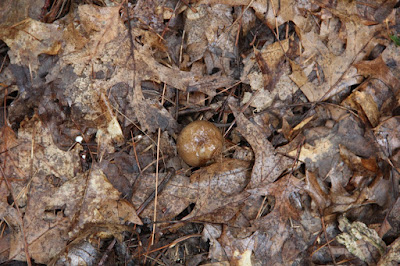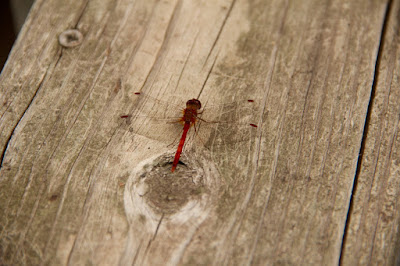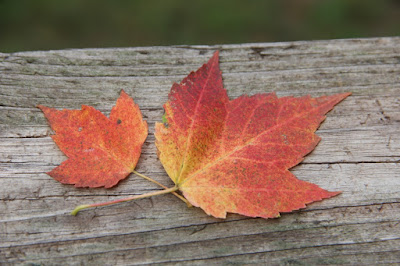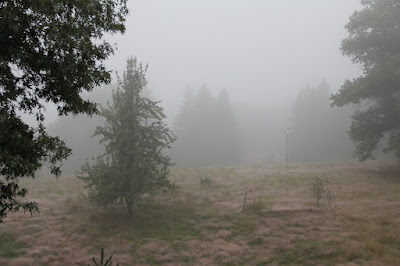It’s been 50 years since Congress passed and overrode a presidential veto to enact into law the Clean Water Act Amendments of 1972. If one considers the current state of Minnesota’s waters, we have failed miserably in attaining one of the basic goals of that act, “as an interim goal and where possible, water quality that is both “fishable” and “swimmable” by mid-1983.” As of 2022, the Minnesota Pollution Control Agency has identified impaired (red, gold) waters as shown below.
 |
| Impaired Waters 2022 |
Lots has been learned about managing our common resource of water since the 1972 framework was enacted. In particular, the work of Elinor Ostrom has shown us how to avoid “The Tragedy of The Commons.”
Ostrom identified eight "design principles" of stable local common pool resource management:[38][39]
- Clearly defined the group boundaries (and effective exclusion of external un-entitled parties) and the contents of the common pool resource;
- The appropriation and provision of common resources that are adapted to local conditions;
- Collective-choice arrangements that allow most resource appropriators to participate in the decision-making process;
- Effective monitoring by monitors who are part of or accountable to the appropriators;
- A scale of graduated sanctions for resource appropriators who violate community rules;
- Mechanisms of conflict resolution that are cheap and of easy access;
- Self-determination of the community recognized by higher-level authorities; and
- In the case of larger common-pool resources, organization in the form of multiple layers of nested enterprises, with small local CPRs at the base level.
A quick examination of Minnesota’s water management framework indicates that none of the design principles have been acknowledged, let alone followed. We have a fragmented non-system that is failing to protect a resource as essential to life as renewable energy.
As the effects of climate breakdown become more and more prevalent, precipitation is expected to become more variable and intense. Our current systems, both institutional and infrastructure, are far from optimum to respnd to such change. We suggest serious consideration be given to using Ostrum’s principles, at least on a pilot basis, foundational to managing water and land resources to minimize nonpoint source pollution in agricultural regions. All farms and farmers within a watershed would be held collectively responsible to meeting water quality standards within the watershed in order for any of the agricultural operations to be eligible for any federal or state agricultural subsidies, including crop insurance.
In a future posting we’ll share some examples of alternative approaches that have been or are being tried to help agricultural operations improve their environmental performance. For now, we speak as a recovering planner when we note the planning dictum that “more of the same never solved a problem.“
I Commit
when all things that surround me waitI commit to vote becauseI'm pretty sure I grabwhatever I need from the worldand place it in my mindwhich is getting incrementallylike the commonsundeniably more toxic and sadyes I too walk aroundconsidering my intractable problemscomplaining it's too latefor more sonataseverything is already too beautifulmusic and anger won't save usyet I commit to talkingearnestly with Sarahabout the school boardit will be night and we will be sittingshoulder to shoulderat the old table we loveeach holding a pencillike grade school children left alone at lastthen in the morningbefore our son wakesI commit to holdingthis tiny bit of quicksilver(quick in the sense of livingin its very molecular natureit wants to usefully combine with yours)in my palm and to walkingup to the blue mailboxI pass most morningsin that familiar silenceunder those nameless little trees
********************************************
Thanks for visiting. Come again when you can.
Please be kind to each other while you can.























